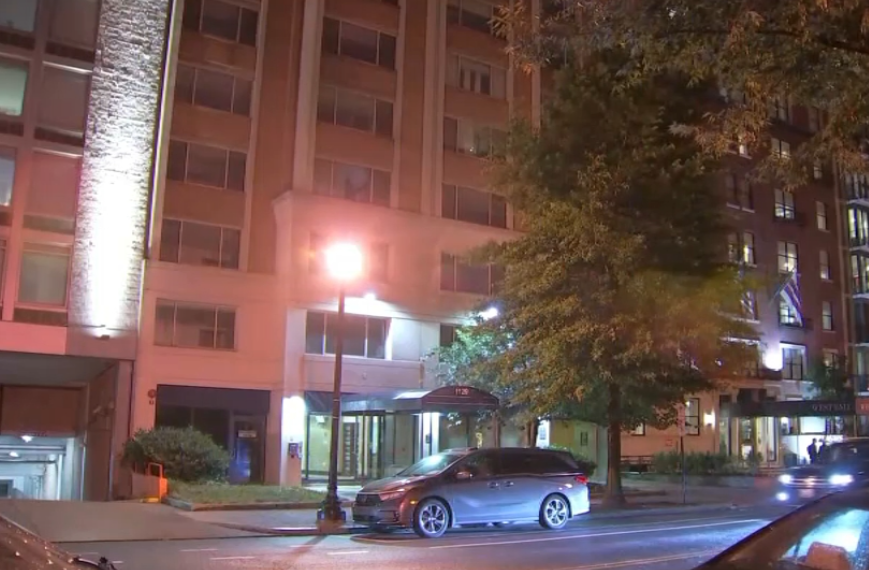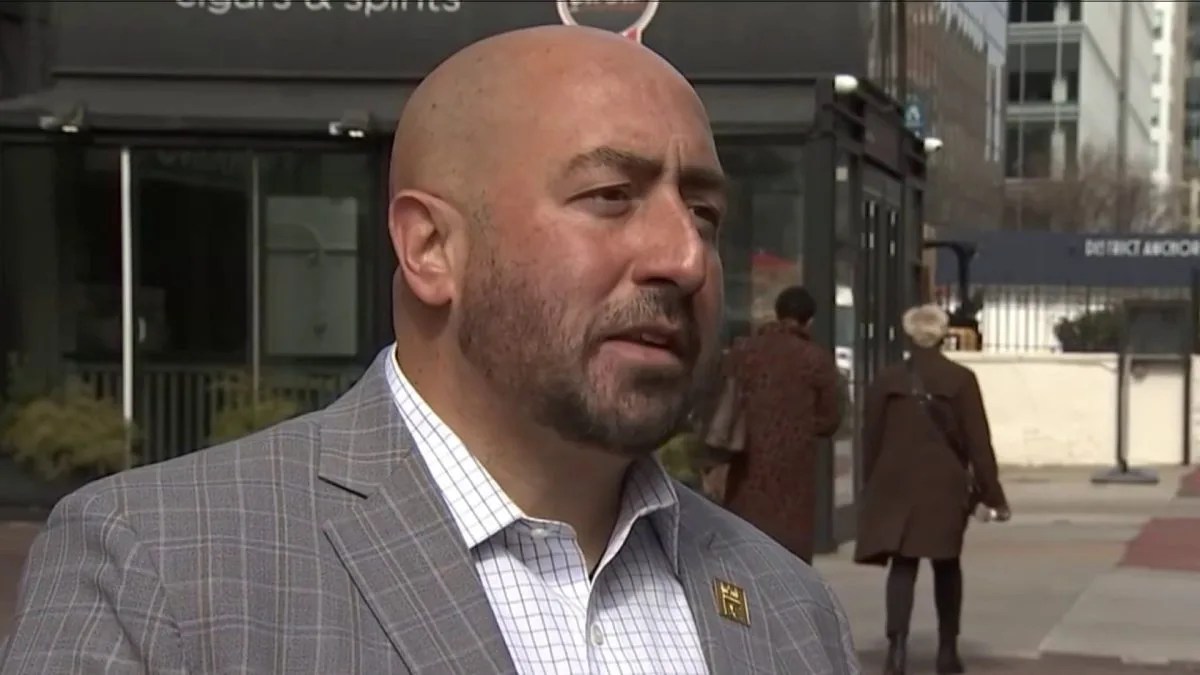What would you do if you saw someone who needed CPR? Would you rush to help them? Or hesitate, unsure of whether you knew the right thing to do?
Research shows bystanders are less likely to give life-saving CPR to certain groups of people in D.C., but some local doctors and D.C. sports teams joined together in the hopes of changing that — and tackling misconceptions about CPR along the way.
"This can happen to a football player, it can happen to your father," Dr. Miriam Fischer said.
No matter who it happens to, experts say CPR can drastically improve a person’s chance of survival when given in the first few moments of a medical emergency.
We're making it easier for you to find stories that matter with our new newsletter — The 4Front. Sign up here and get news that is important for you to your inbox.
A study published in 2022 states that women, as well as Black and Hispanic adults, are less likely to receive CPR from bystanders if they have a cardiac arrest in public in D.C.
"In 2021 alone, 92 out of every 100,000 Americans had an out-of-hospital cardiac arrest. On average, only 40% received bystander CPR and in D.C., we're even lower than the national average," Fischer said.
That's why emergency physicians with MedStar Health made a series of short videos with players and staff from the Wizards, Capitals, Mystics and Georgetown Women’s Soccer to teach D.C.-area residents about the importance of bystander CPR.
Local
Washington, D.C., Maryland and Virginia local news, events and information
"Our practice facility and our arena, our game day arena, are in Ward 8 of the city, which is in Southeast D.C. and, you know, we come face-to-face every day with disparities, right, in the community. So, knowing that Black and brown people and women are least likely to receive CPR from a bystander, should they need it, is kind of a startling statistic," said Dr. Kala Flagg, the head of athlete rehabilitation for the Washington Mystics.
The three-minute videos will play during games and on the teams' social media accounts.
Fischer said the videos not only teach the basics of CPR and how to use a defibrillator, but also clear up some misconceptions that keep people from jumping into action.
"You don't need to be certified. You do not need to do mouth-to-mouth. Most cardiac arrests are from a heart problem. When help arrives, they can deal with breathing. Additionally, you cannot get in trouble for doing CPR. There are good Samaritan laws that protect you, and, finally, you can't hurt somebody. Their heart has stopped," she said.



